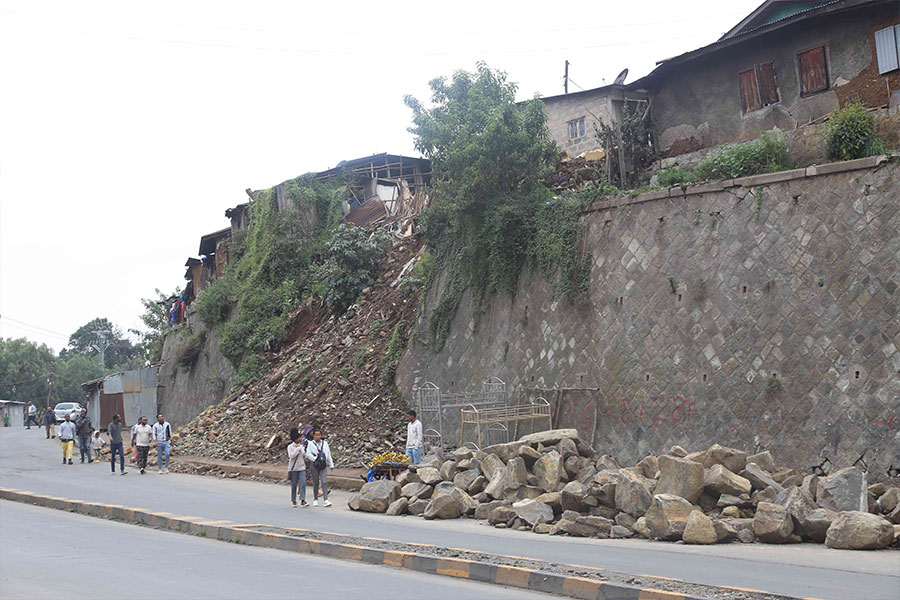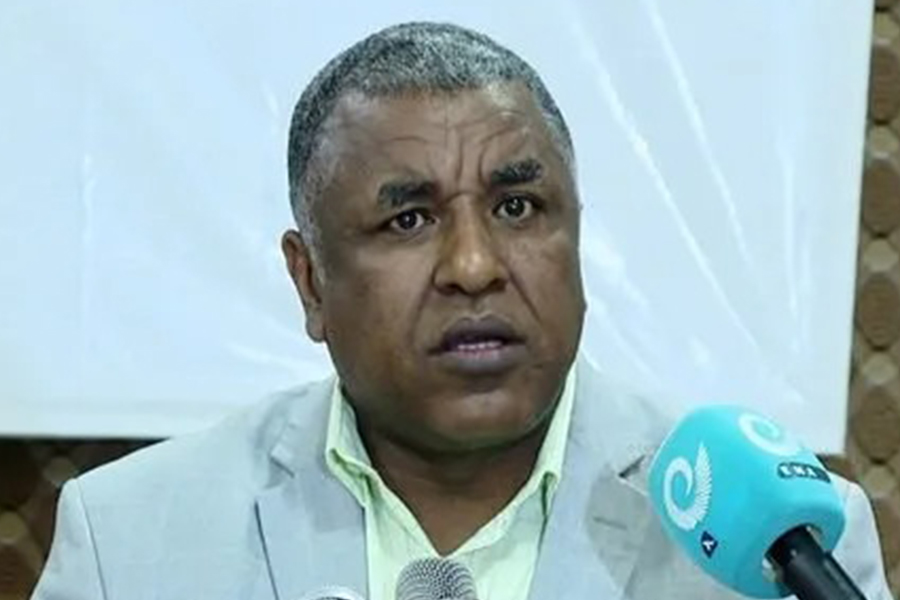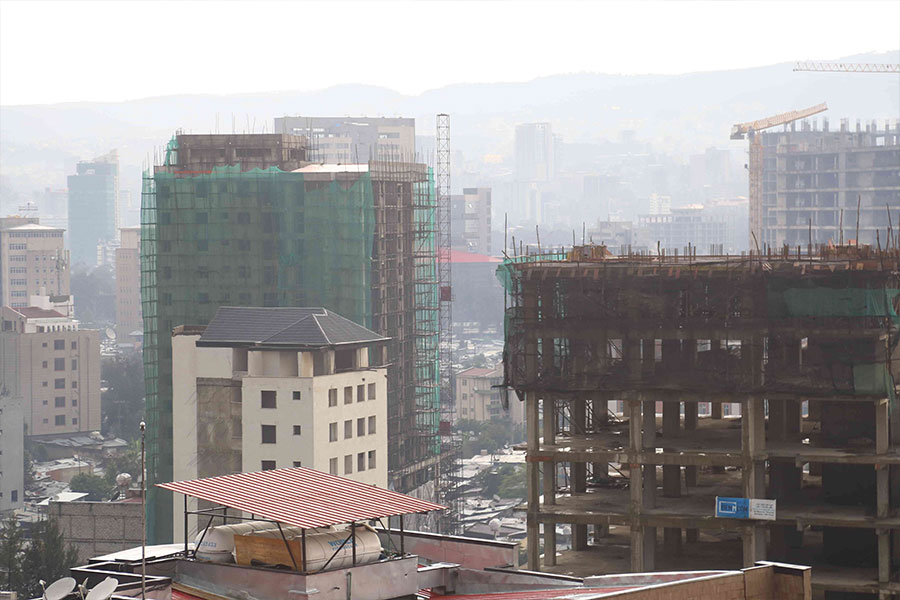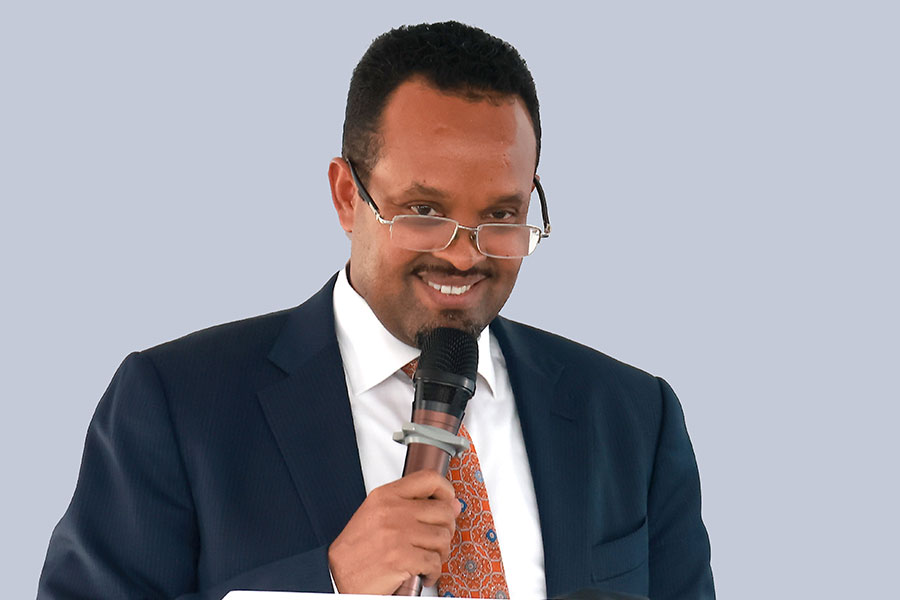
Fortune News | Jul 17,2022
Aug 3 , 2025
By Mohammed Khalifa
In a continent long defined by external caution and internal constraint, the prevailing narrative around debt has often been one of fear. But in a recent commentary published in your newspaper headlined, "Africa’s Debt Is an Opportunity,” [Volume 26, Number 1313, June 29, 2025] former Finance Minister Sufian Ahmed offered a timely and necessary intervention.
His message is both subversive and straightforward in that debt is not the enemy. When used wisely, it is a lever for transformation, not a sentence to dependency. This is not mere provocation but instead a grounded argument from someone who managed public finance during Ethiopia’s most ambitious period of state-led development. Sufian knows that Africa’s problems are not the volume of debt, but the quality of its deployment. It is not debt that undermines development, but the failure to extract value from it. And borrowing is not the problem. Borrowing badly is.
Across the continent, debt levels have risen. So too have the alarms, from Bretton Woods institutions, credit rating agencies, and think tanks. Yet, the moral panic often obscures the real issue. African countries remain starved of long-term capital. Tax bases are narrow. Capital markets are thin and aid is volatile while climate shocks are multiplying. Against this backdrop, the idea that Africa should abstain from borrowing borders on fiscal fatalism.
Sufian rightly called for a more strategic posture, one that embraces borrowing to finance productive assets rather than recurrent consumption. Roads, energy systems, irrigation schemes, and logistics corridors are not expenses. They are investments that underpin long-run growth, regional trade, and resilience. Such debt, when properly governed, pays for itself over time.
What is needed is not less borrowing, but smarter borrowing. This entails robust project appraisal, adequate institutional safeguards, and transparent public investment management. It also means improving domestic resource mobilisation, not as a substitute for borrowing, but as a complement to it. A state that cannot tax progressively or spend transparently will struggle to justify even the most concessional debt.
Borrowing is not the problem. Borrowing badly is.
Sufian’s commentary also challenges the international community. Africa’s debt discourse is still filtered through a post-HIPC lens, an IMF initiative in the 1990s, known as the Highly Indebted Poor Countries, where rigid ratios and short-term thresholds measure sustainability. But this misses the point. What matters is not the headline debt-to-GDP figure, but whether borrowing supports economic transformation.
Africa should not be punished for borrowing to invest, especially when richer countries routinely borrow far more to sustain less.
At its core, this is a call for agency. Africa should assert the right to finance its development agenda on its own terms, guided by prudence, yes, but also ambition. The continent’s infrastructure gap, energy deficit, and climate vulnerability will not be closed by austerity. They require bold, deliberate, and well-managed capital flows, some of which should come through debt.
That does not mean ignoring risk. Rising global interest rates, currency mismatches, and governance gaps are real challenges. But the solution is not retreat. To ensure that borrowing aligns with returns and avoids distress, the challenge lies in institutional innovation, such as the establishment of sovereign wealth funds, regional guarantee mechanisms, and enhanced debt transparency.
I find Sufian’s piece a reminder that Africa’s fiscal debate has to move beyond risk aversion and toward strategic realism. The question is not whether to borrow, but how to borrow better. And the answer lies in leadership, not in lectures.
Debt may carry risks. But, as Sufian argued, when channelled with discipline and ambition, it can also carry countries forward. If Africa is to finance its future, it should stop fearing debt, and start mastering it.
PUBLISHED ON
Aug 03,2025 [ VOL
26 , NO
1318]


Fortune News | Jul 17,2022

Fortune News | Feb 26,2022

Radar | Jan 09,2024

Viewpoints | Jun 10,2023

Viewpoints | Sep 03,2022

Agenda | Jun 08,2025

Verbatim | Jul 13,2024

Year In Review | Sep 07,2025

Fortune News | Dec 21,2022

Fortune News | Jun 15,2024

Photo Gallery | 177299 Views | May 06,2019

Photo Gallery | 167506 Views | Apr 26,2019

Photo Gallery | 158150 Views | Oct 06,2021

My Opinion | 136980 Views | Aug 14,2021
Commentaries | Oct 25,2025

Dec 22 , 2024 . By TIZITA SHEWAFERAW
Charged with transforming colossal state-owned enterprises into modern and competitiv...

Aug 18 , 2024 . By AKSAH ITALO
Although predictable Yonas Zerihun's job in the ride-hailing service is not immune to...

Jul 28 , 2024 . By TIZITA SHEWAFERAW
Unhabitual, perhaps too many, Samuel Gebreyohannes, 38, used to occasionally enjoy a couple of beers at breakfast. However, he recently swit...

Jul 13 , 2024 . By AKSAH ITALO
Investors who rely on tractors, trucks, and field vehicles for commuting, transporting commodities, and f...

Oct 25 , 2025
The regulatory machinery is on overdrive. In only two years, no fewer than 35 new pro...

Oct 18 , 2025
The political establishment, notably the ruling party and its top brass, has become p...

Oct 11 , 2025
Ladislas Farago, a roving Associated Press (AP) correspondent, arrived in Ethiopia in...

Oct 4 , 2025
Eyob Tekalegn (PhD) had been in the Governor's chair for only weeks when, on Septembe...

Oct 25 , 2025 . By YITBAREK GETACHEW
Officials of the Addis Abeba's Education Bureau have embarked on an ambitious experim...

Oct 26 , 2025 . By YITBAREK GETACHEW
The federal government is making a landmark shift in its investment incentive regime...

Oct 26 , 2025 . By NAHOM AYELE
The National Bank of Ethiopia (NBE) is preparing to issue a directive that will funda...

Oct 26 , 2025 . By SURAFEL MULUGETA
A community of booksellers shadowing the Ethiopian National Theatre has been jolted b...